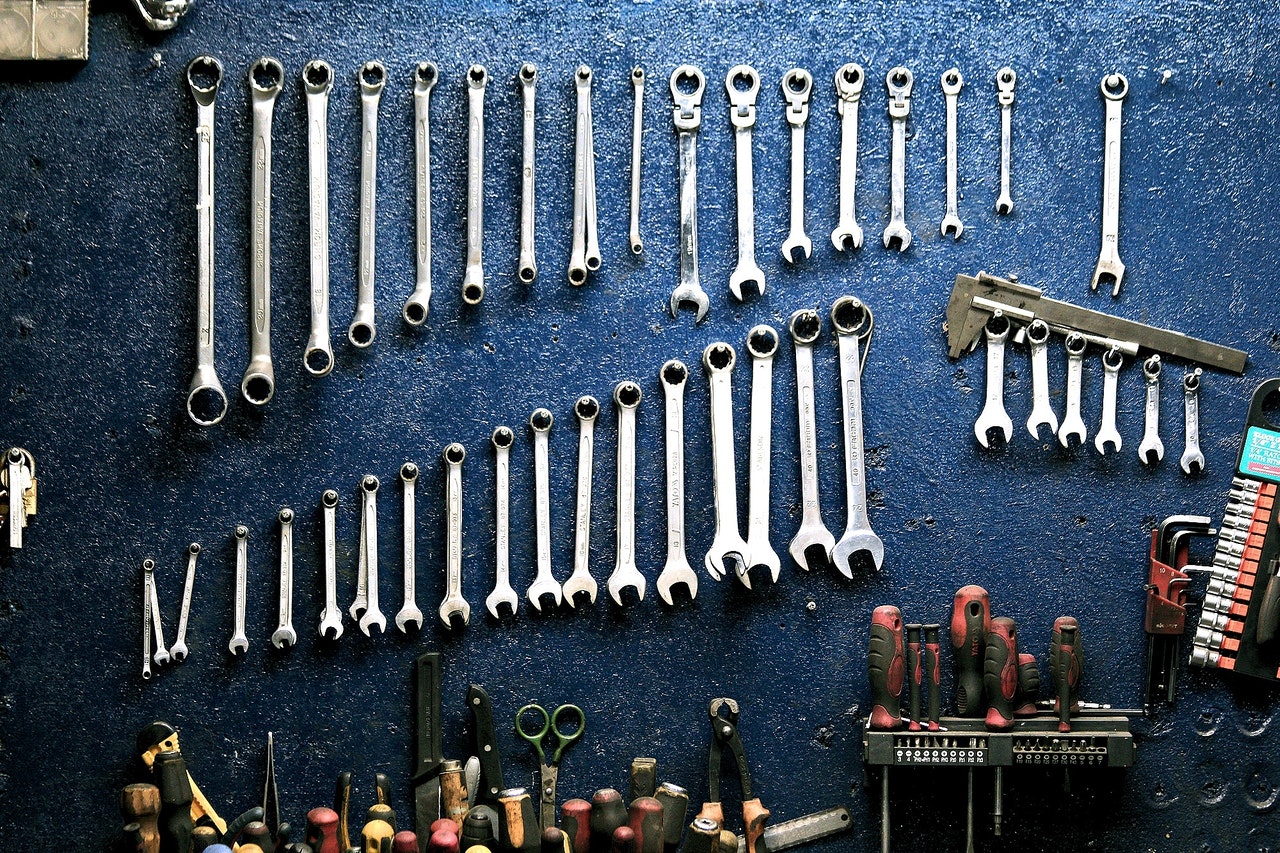USB drives
A small device, yet so impactful to my job! There are always scenarios I have to transfer data or backup data on a storage device that doesn’t require access to the internet.
The other scenario I deal with is wiping and loading a computer. Whether it’s a new device or an existing device that needs to be repurposed, I keep dedicated flash drives to reload Windows to them. I actually keep several of them to load a different version of Windows. This forced me to label them (more on that later in the post) and buy lanyards so I don’t lose them.
Cables
The never-ending tangle of cables will also follow me with my job. I keep a mix amount of cables in my backpack
Console Cables: These are most useful whenever I’ve had to get into managed switches to pull their configuration. Nowadays, I keep the USB to Console cable. I also keep a Serial to Console cable available on the off chance we have to work on older network equipment
Ethernet Cable: if you work with any network equipment, these will be essential. I always keep some CAT6 (worst case CAT5e) grade cables. The amount of times I’ve had to replace a cable on a switch is actually remarkable. Especially with poor care, they can be damaged easily.
Video Cables: This is similar to the Ethernet cables. More often than not, I have to replace these cables for people as they get abused or just malfunction. I keep a variety of analog (VGA, DVI) and digital (HDMI, DisplayPort) in my bag to be prepared
I also have spare converter cables (such as DisplayPort to miniDisplayPort) that way I have the ability to connect to a modern monitor no matter what job site I go to. Hard to work on a single screen.
Repair Kit
This is what I use the majority of the time out of everything I list today. That goes for both work and personal computer projects. There is also nobody that does it better than iFixit. Whenever I had to open up a smartphone, laptop, or desktop, I always start with this toolkit. It comes with so many tools to easily open, disconnect, and safely manipulate components without the worry of damaging them. The most used tool within the set I use is the screwdriver that comes with an assortment of bits to get the job done.
Network Cable Repair Kit
This toolkit is solely for repairing or making ethernet cables. It’s a generic toolkit. I don’t use this a whole bunch as normally we try to keep low-voltage cable work to licensed professionals (typically electricians). However, there are scenarios where we are in a pinch and attempt to make a repair or make a cable while we wait for an electrician to arrive to fix the issue.
Portable CD/DVD player
This is more of a unique tool. There are times where I actually had to get the software from a CD. In today’s world, many computers no longer carry a CD/DVD player (the exception would be towers). This makes it difficult as the software is not only essential but accessible by CD because of its age.
To be prepared for the future, I bought one of these portable players that use USB to be recognized on any computer. It works surprisingly well and was affordable
Wireless Mouse
Though I’m adaptable to the typical trackpad, I’m a long time peripheral mouse user. I can get so much more done with less hand manipulation on my computer. I also run into less user input errors for clicking.
I currently use the Logitech MX Master. I typically leave it in my backpack for on-site jobs. This mouse, at the time of purchase a few years ago, was a little on the expensive side. Any basic wired or wireless will suffice.
Small PowerDrill
For when my little screwdriver isn’t enough, I bring out my power-drill for more torque! It’s not used everyday of course, but there are times where we make changes to our infrastructure equipment or add in new hardware to a rack. Let me say, using a screwdriver to put a server or 48-port switch to a rack-mount by yourself can be annoying at times.
Label Maker
This tool is a recent purchase. There were many cases where I’ve had to label equipment as there is so much to manage. It becomes difficult to distinguish what each individual device does without logging into online accounts or being next to the equipment every day.
I make sure the one I had was simple to use, compact for easy storage, and of course affordable to not break the bank.
Takeaway
Those are just a few tools I keep handy in my tool belt to solve problems at my job. If I ever think of or come across more, I will gladly post more to help others that would like to be prepared. I know as I progress in my career the list will grow.
I’m also working on enrolling in the Amazon Affiliate Program! I’d like to provide an easy way to access the tools for your work or computer projects. Below are links to the tools I mentioned.

